Health Status Overview
As you know, having an acute illness is not compatible with safe diving. Even the common cold will keep you out of the water temporarily — not only does it affect your ability to equalise the pressure in your ears and sinuses, it also affects your ability to exercise.
Gastrointestinal distress can cause dehydration and electrolyte imbalance, which may be life-threatening underwater. Some illnesses can affect your ability to exercise even after the acute phase. Illness and prolonged bed rest cause decline in cardiovascular fitness and loss of muscle mass. Even with a complete recovery, return to your pre-illness level of physical activity gradually, and understand that it may take weeks or longer.
COVID-19 is an illness that in severe cases requires a prolonged convalescent period and may significantly affect one’s ability to exercise.
Gastrointestinal distress can cause dehydration and electrolyte imbalance, which may be life-threatening underwater. Some illnesses can affect your ability to exercise even after the acute phase. Illness and prolonged bed rest cause decline in cardiovascular fitness and loss of muscle mass. Even with a complete recovery, return to your pre-illness level of physical activity gradually, and understand that it may take weeks or longer.
COVID-19 is an illness that in severe cases requires a prolonged convalescent period and may significantly affect one’s ability to exercise.
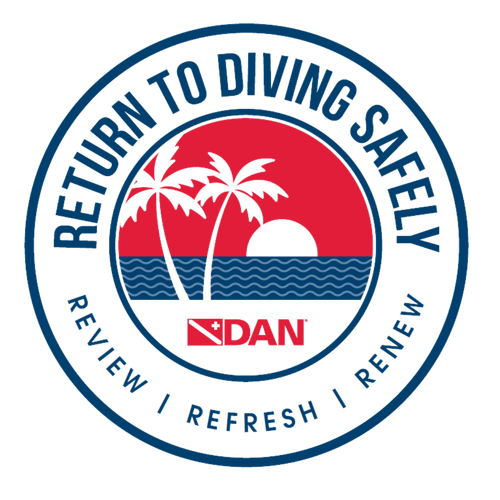
Health Status and Medical Evaluation

Follow the DAN Guidelines for Lifelong Fitness To Dive
Whether you were inactive for weeks or years, when planning your next trip, consult the one-page DAN Guidelines for Lifelong Medical Fitness to Dive, which will help you make the safest decision for yourself. If you are healthy and have recently been evaluated by a doctor, you may be directed to simply fill out the Diver Medical Participant Questionnaire (formerly known as the RSTC medical screening form). However, if you have been kept away by illness, have certain risk factors, or are over age 65, the self-evaluation will not be enough.
Follow the Diver Medical Participant Questionnaire
The standard medical screening form used in diving was recently updated by the Undersea and Hyperbaric Medical Society (UHMS) with contributions from DAN and other organisations and endorsements by many World Recreational Scuba Training Council (WRSTC) members. The new Diver Medical Participant Questionnaire is a part of The Recreational Diving Medical Screening System, which also includes the Diver Medical Physician’s Evaluation Form and the Diving Medical Guidance to the Physician.
The Diver Medical Participant Questionnaire inquires about major health issues that may affect your fitness to dive. It is in your best interest to answer all questions honestly, as this is a tool that helps with your self-evaluation and is designed to keep you safe. Healthy divers and divers with well-controlled chronic illnesses may get a quick pass. Divers with other conditions may require evaluation by a medical professional. The questionnaire will help you identify those conditions and take the necessary next steps. The Diver Medical Participant Questionnaire is available in 26 languages.
The Diver Medical Participant Questionnaire inquires about major health issues that may affect your fitness to dive. It is in your best interest to answer all questions honestly, as this is a tool that helps with your self-evaluation and is designed to keep you safe. Healthy divers and divers with well-controlled chronic illnesses may get a quick pass. Divers with other conditions may require evaluation by a medical professional. The questionnaire will help you identify those conditions and take the necessary next steps. The Diver Medical Participant Questionnaire is available in 26 languages.
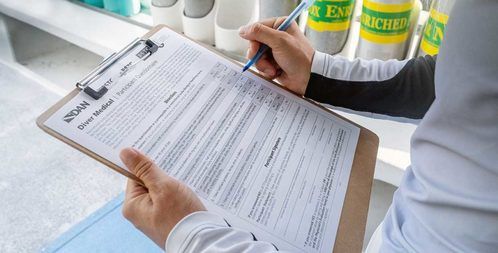

See Your Physician When Indicated
If the Diver Medical Participant Questionnaire indicates that you need to consult a physician (or if you simply wish to), do so. If your physician is not sure about how your health status or medical condition might affect your fitness to dive, check with DAN. We can offer advice, a consultation, or a referral to a dive medicine expert in your area.
When In Doubt
CONTACT DAN
When you or your physician is in doubt, contact DAN. The DAN website has an extensive library of medical information related to diving. You can also speak to a DAN medic for advice or a referral to a dive medicine specialist.
Additional
HEALTH RESOURCES
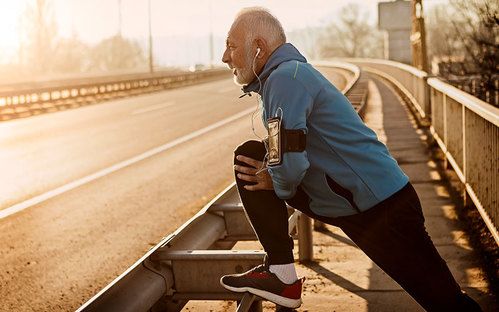
Defibrillators & Diving
Current recommendations for patients with implantable cardioverter-defibrillators (ICDs) advise against participating in sports requiring any more exertion than than bowling or golf.
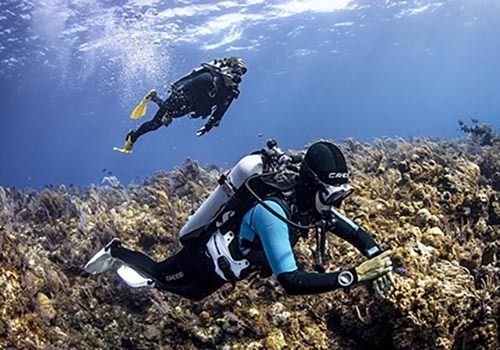
The Heart & Diving
Cardiovascular health is an essential element of safe diving. But heart health can deteriorate gradually as divers age, and this can put divers at risk.

Physician Referral Network
DAN maintains a worldwide network of doctors trained in dive medicine. Upon request, DAN can provide you with contact information for these doctors for consultations about health issues and diving.

Cardiovascular Health & Diving
Having a healthy heart is of the utmost importance to your safety while scuba diving. It's also an important factor in your ability to exercise in general — and your life span.
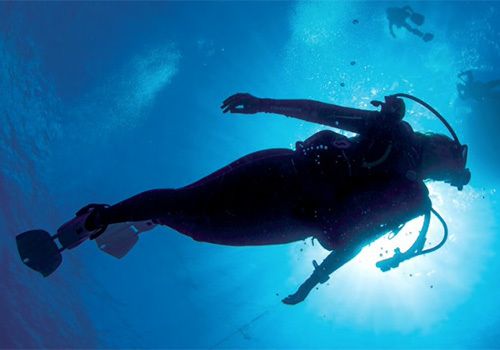
The Lungs & Diving
Diving imposes significant challenges to the respiratory system. Lung conditions are among most common reasons people fail diving medical examinations — and of course, we depend on our lungs for survival.
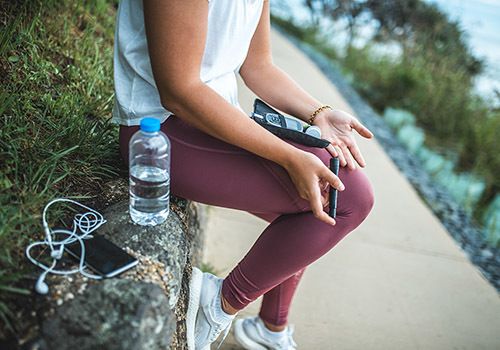
Scuba Diving & Diabetes
For years the medical community discouraged people with diabetes from scuba diving. A DAN survey in 1996, however, revealed that nearly 200 of its members were divers with some form of diabetes.

Diving After COVID-19
Determination of your fitness to return to diving after a COVID-19 infection will require assessment by your physician team confirming your full recovery and ability to safely perform unrestricted vigorous activity.
Dive Emergency Hotline
CALL FOR ASSISTANCE
+27 828 10 60 10
DAN's Emergency Hotline staff members are on call 24 hours a day, 365 days a year, to provide information, assist with care coordination and evacuation assistance.
